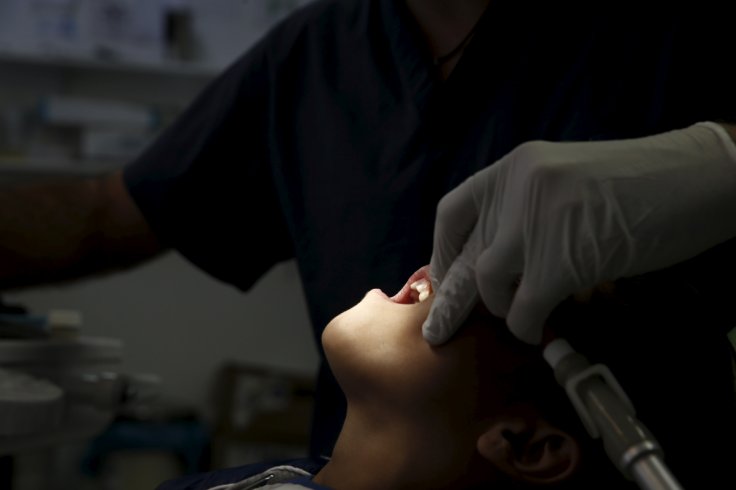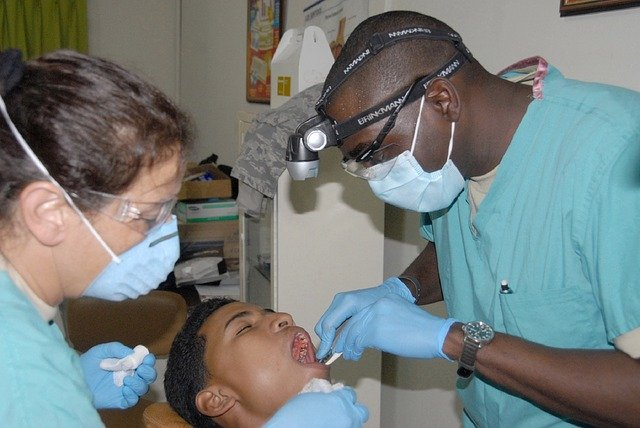The California Dental Association (CDA) and the American Dental Association (ADA) voiced their disagreement with WHO's recommendations to delay dental care due to the ongoing Coronavirus pandemic though it meant mainly to reduce the risk of transmission to doctors.
The World Health Organization, in its latest guideline, said that non-essential, routine dental work should be delayed until the COVID-19 transmission rates drop sufficiently. The Geneva-based agency also cautioned against the procedures which produce aerosol spray from patients' mouths that can put dentists and other healthcare personnel at high risk for pathogen exposure and infection.
The Disagreement
After WHO released the guidance, ADA President Chad P. Gehani, D.D.S. said oral health is integral to overall health and explained that "dentistry is essential health care," due to its role in "evaluating, diagnosing, preventing or treating oral diseases, which can affect systemic health."
As per Dr. Gehani, in March when the Coronavirus cases started to rise in the U.S., ADA decided to postpone all clinical operations except urgent and emergency care. Along with the U.S. Centers for Disease Control and Prevention (CDC), the ADA issued interim guidance for dental professionals related to the Coronavirus caused disease, COVID-19 that included the availability of highest level of PPE—including masks, goggles and face shields—and the use of rubber dams and high-velocity suction whenever possible.

The interim guidance also added the usage of hand scaling for removal of plaque, bacterial endotoxins, and calculus from teeth with a scaler, instead of using ultrasonic scaling while cleaning teeth to reduce the release of aerosols.
According to Dr. Gehani, millions of patients with dental issues had safely visited their dentists in the past few months for the full range of dental services. While disagreeing with what WHO has recommended, he said, "With appropriate PPE, dental care should continue to be delivered during global pandemics or other disaster situations."
Goal Is to Avoid Any Risk of Infection
WHO has been monitoring the pandemic since its emergence in China and recommended safety measures in the past few months, with an aim to curb the spread of the virus or reduce the risk of infection, especially for dentists and other workers at a dental clinic, besides patients.
The agency advised that "routine non-essential oral health care" such as oral health check-ups, dental cleanings, and preventive care, which should be delayed until there is a sufficient reduction in the disease transmission rates from community transmission to clusters. The same applies to aesthetic dental treatments, said WHO.

Aerosol-generating procedures (AGPs), which include dental cleaning with an ultrasonic scaler and polishing, work with high or low-speed hand-pieces, implant placement, and surgical tooth extraction — are more likely to generate higher concentrations of infectious respiratory aerosols compared to coughing, breathing, sneezing, and talking. These procedures can put healthcare personnel and others at high risk for pathogen exposure.
The WHO noted that the dentists are at high risk of being infected by the SARS-CoV-2 virus as oral healthcare teams work in "close proximity to patients' faces for prolonged periods." But the international agency also added in its guidelines that "urgent or emergency oral health care interventions that are vital for preserving a person's oral functioning, managing severe pain, or securing quality of life should be provided."








